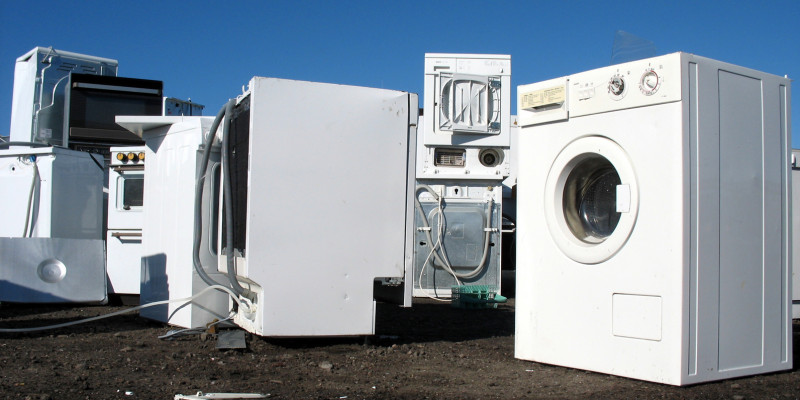Short product lifetimes and service life are a burden on the environment. Manufacturing new products consumes valuable finite resources. The extraction of raw materials, transport processes and production itself all play their part in environmental pollution. The production process also generates greenhouse gas emissions. Last but not least the waste heaps products discarded prematurely keep growing.
The German Environment Agency is proposing a 7-point strategy to counteract the premature replacement of products. The strategy advocates the promotion of long product lifetime, strengthening repair services and also changing consumer behaviour to seek longer durability and reparability in products. The strategy is based on the previously published UBA position paper “Strategies against obsolescence” and focuses on seven measures which must be implemented:
- Longer product lifetime and easier reparability: Implementation of minimum requirements for reparability and durability under the EU Ecodesign Directive
- Information on reparability and repair services as well as availability of spare parts upon product purchase
- Duty to issue product guarantee statement
- Ensure access to repair instructions, spare parts and diagnostic software for independent repairers
- Reduced value added tax for repair services
- Tax deductibility for repairs outside the home
- Strengthening product appreciation
There are many different reasons why obsolescence occurs: quite often consumers want a new product because the “old” one has become unfashionable; hardware and software have become outdated and are no longer compatible. Other reasons include poor-quality materials and components which prevent continued use of the product and prompt a new purchase, particularly when repair is too costly or complicated. “This makes it all the more important for repair services to be customer-oriented and to be factored in already at the product design phase. The EU Ecodesign Directive should serve as a guideline. The Blue Angel ecolabel is at the cutting edge in showing how we are already implementing requirements of reparability and service life, in particular with regard to electronic and electrical products”, Ms Krautzberger emphasized.
UBA is presenting its 7-point strategy on the occasion of the European Week for Waste Reduction (EWWR). The motto of this year’s EWWR is “Reuse and Repair: Give it a new life!” and aims to inspire citizens to repair products and to use them longer. Making products more durable is also an aim of the action. More than 1,000 events all across Germany will be showing how it is done on 18 - 26 November 2017.
 Click to enlarge
Click to enlarge
